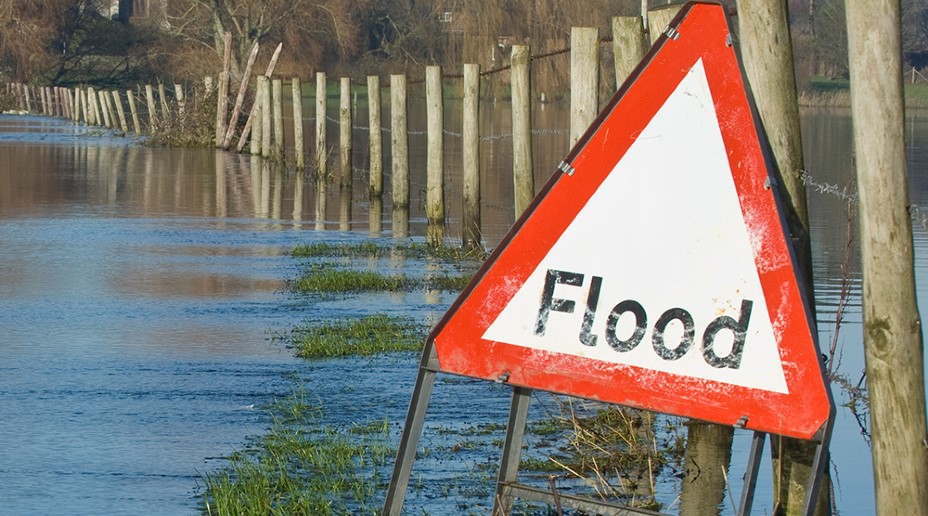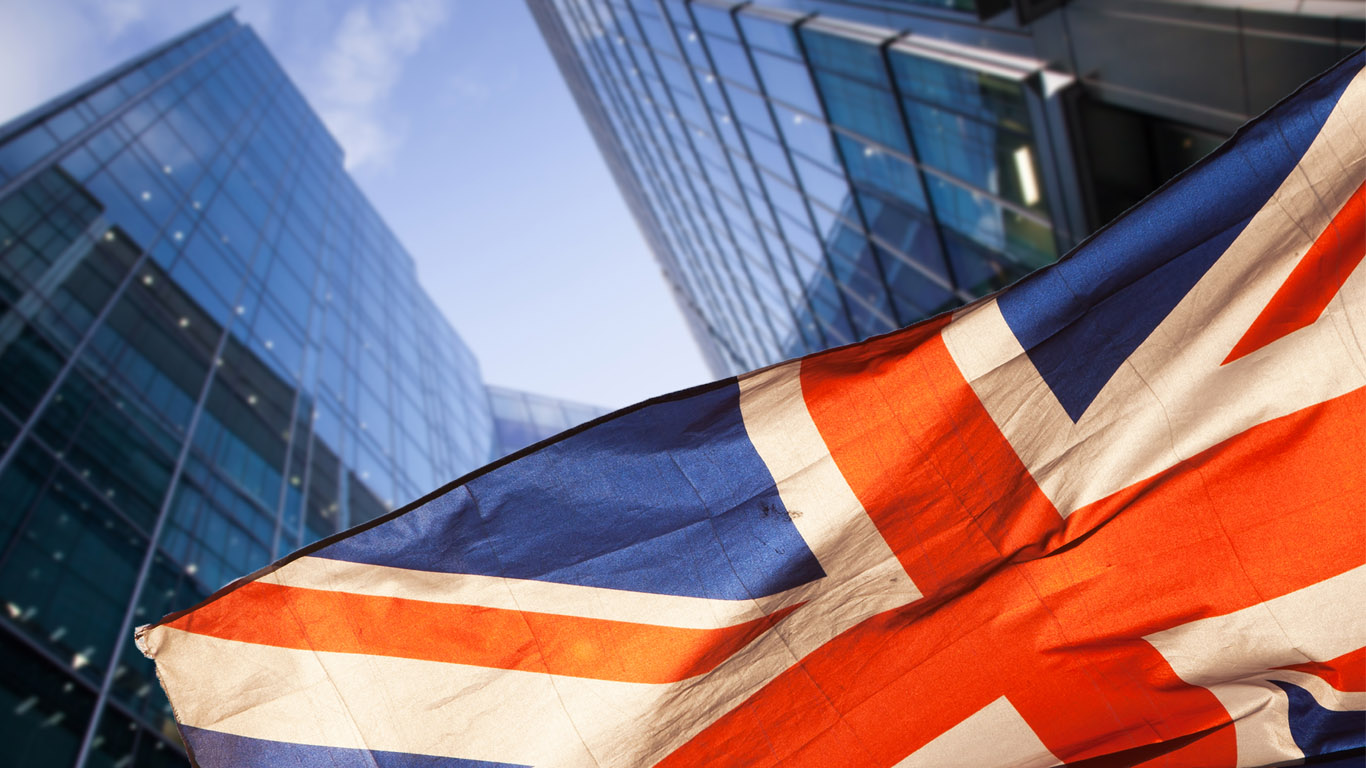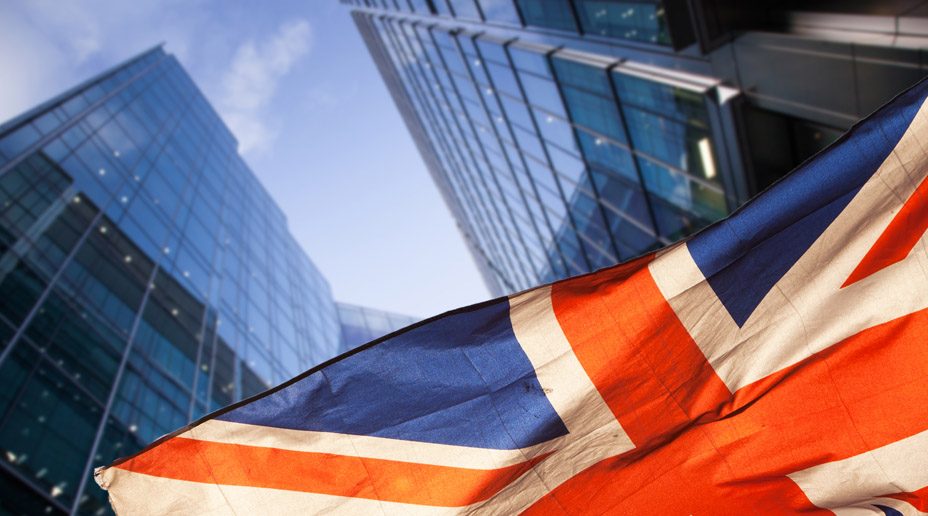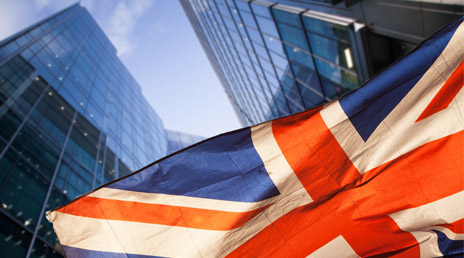🡡 from 2020
The Allianz Risk Barometer is an annual report identifying the top corporate risks for the next 12 months and beyond, based on the insight of more than 2,700 risk management experts from 92 countries and territories.
Here we look at the risks ranked most important by those surveyed in the UK.
The top risks for businesses in the UK
The Covid trio
Given the unprecedented disruption caused by the coronavirus outbreak, it’s no surprise that pandemic outbreak, cyber and business interruption respectively have emerged as the top three risks to UK businesses.
Pandemic outbreak is a new entry this year and has entered straight at the top of the list. This is followed by cyber incidents and business interruption respectively. All three risks – and many of the others in this year’s top 10 – are interlinked, demonstrating the growing vulnerabilities and uncertainty of our highly globalised and connected world, where actions in one place can spread rapidly to have global effects.
The top 10 risks for businesses in the UK

e.g. cyber crime, IT failure/outage, data breaches, fines and penalties

e.g. including supply chain disruption

The pandemic has added to already growing awareness of business interruption exposures triggered by non-physical damage, such as cyber, blackouts, political risk, or disruption caused by third-party suppliers. There’s been extensive disruption to UK businesses across a wide variety of sectors, and many have struggled to remain solvent or even open as a result of lockdown restrictions.
Covid-19 has also impacted upon global production and supply chains; as the pandemic continues to disrupt supply chains, we may see more of a preference for repair rather than replace.
e.g. trade wars and tariffs, economic sanctions, protectionism, Brexit, Euro-zone disintegration
Brexit has been the catalyst for many changes in regulation and legislation. Green Cards is one such example, where following the UK's departure from the European Union's single market and customs union, customers driving abroad are currently required to carry a physical Green Card. There will also be implications for businesses owners who import good from, or export to international destinations, or employ individuals from outside the UK.
Regulations governing lockdown arrangements in England continue to present challenges for both businesses and individuals with a national lockdown remaining in place at time of writing.

e.g. volatility, intensified competition/new entrants, M&A, market stagnation, market fluctuation

and increasing volatility of weather

e.g. impact of artificial intelligence, autonomous vehicles, 3D printing, internet of things, nano-technology, blockchain



For the full global Allianz Risk Barometer 2021 along with insight, results separated by countries and the risk barometer methodology, please visit AGCS.
1 Public sector finances, UK - Office for National Statistics (ons.gov.uk)
2 New technologies ranks higher than fire, explosion based on the actual number of responses.






























